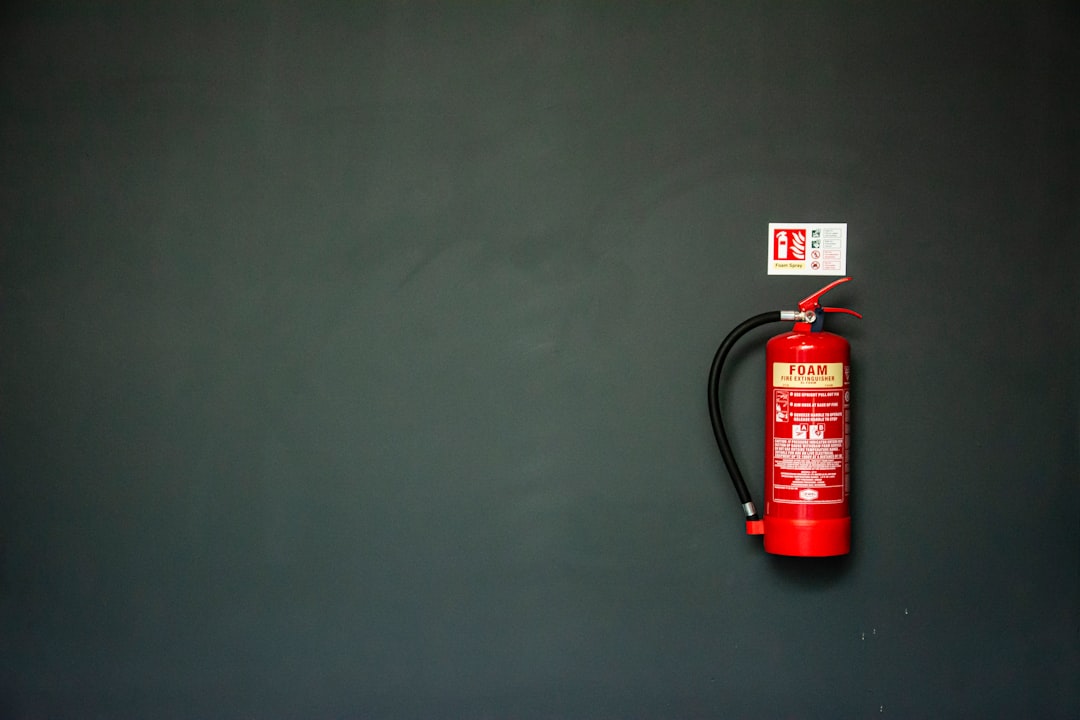09/15/23 1:46 pm
It was 2009. I worked for an Internet company based in Los Angeles, though by that point I already lived in New Jersey. An old high school buddy who I hadn't seen since 1998 lived in LA, and via Facebook, we made plans to meet up for dinner before I’d fly home.
We had a nice dinner catching up on the intervening decade. But my iPhone 3G started buzzing. “I’m sorry,” I told Matt. “I have a work emergency I’m dealing with.”

Throughout high school, and as a full-fledged adult, Matt was unfailingly polite. So though my memory is that he laughed his head off, I’m guessing that in fact Matt chuckled politely instead as he said, “I’m guessing your work emergencies aren’t like my work emergencies.”
See, Matt was in charge of some aspect of the United States’s nuclear arsenal. He was high ranking in the US Air Force then, and is even more senior now, and not all of his job was super public, but it definitely involved nuclear missiles and their security. Either way, his point was simple: When he had a work emergency, it was a different thing entirely.
To his credit, Matt actually went further. I got embarrassed at calling my thing an emergency, and he defended me. I don’t remember what he said verbatim, but the message was yeah, your work emergencies are important, they’re just not my level of emergency.
This conversation stuck in my head forever.
That said, I have absolutely no idea what my work emergency was that day.
Matt’s right: Sometimes there is urgent stuff, sometimes there are work emergencies, and your emergencies might not be the same as my emergencies, and vice-versa.
This isn’t a screed advising you to improve your work/life balance and leave work at work (though, seriously, try to do those things). Rather, it’s a reminder that not every emergency is an emergency. Angry customers can absolutely be a work emergency. Angry bosses, too.
But if everything’s an emergency, nothing is. If work is constantly putting out fires, you either work at a literal or metaphorical fire department, and if you don’t like living that way, it’s time for a change. It’s easy — and in many cases, wonderful — to think of work as the most important thing.
Even if that sounds like you, it’s important to remember — and perhaps to remind yourself frequently — that daily emergencies are for ER staff and other first responders. Your job shouldn’t be an endless cavalcade of emergencies that need solving.

I recently started meditating. Not for the first time. But I’m once again trying to make it a habit, because I keep reading about the positive effects of meditation. I’m no hippie, and I don’t think most of my close friends would assume I’m a meditator, and maybe I won’t stick with it. (I will this time, though. It’s in the Peloton app. I got this.) I am right now, though, and I appreciate the reserved periods of reflection.
The opportunity to calm down and focus and breathe — even for just five minutes at a time — is a welcome one. And one we almost never get at work.
The next time what feels like a work emergency lands in your inbox or Slack DM, I encourage you to try to reframe it. Is this truly a fire that needs extinguishing? If you were to do nothing on this for five minutes or five hours, what would suffer? And if that choice meant you could finish what you’re already working on, or stay focused on a different challenge, or not cancel three meetings, would the net positive effects be worth it?
There are emergencies. But I believe there are many more fauxmergencies that demand more immediate attention than they deserve.
Get new posts via email.